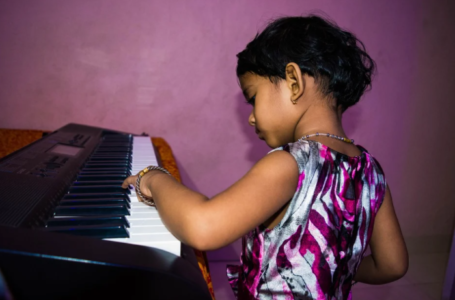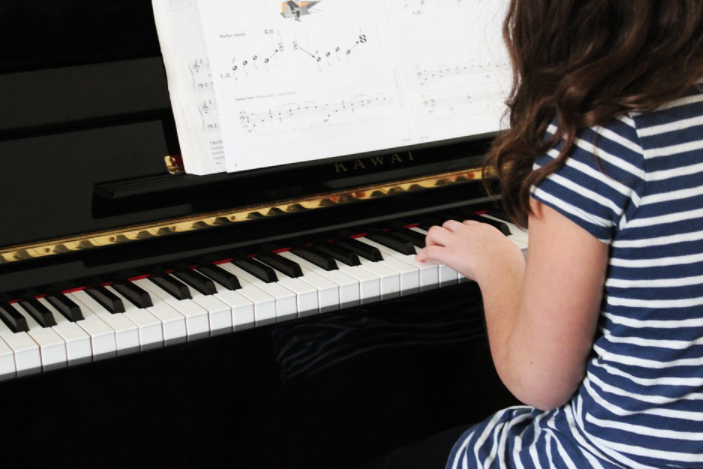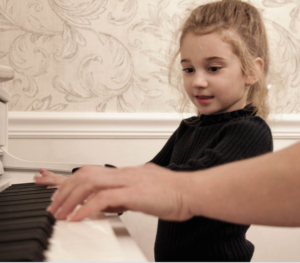Factors to See If Your Child Is Ready for Piano Lesson

Your daughter comes rushing home from college and tells you she wants to take piano lessons. Indeed, learning piano will benefit your children in many aspects. You can read on why your children should learn piano at mrdetechtive.com. However, how do you know if a child wants to learn a musical instrument and concentrate for a 30-45 minute lesson? To answer this question, you should consider these factors before deciding to take the financial leap into the realm of private piano lessons.

Age
 There’s no clear statement on what exact age your child can start piano lessons. But children between the ages of seven and six are in that “golden” window of time when intellect, enthusiasm, and good motor skills come together to give the child the best chance of success. Younger children may benefit from tutoring if they have demonstrated excellent ability to concentrate, follow three-step directions, and understand letters and numbers. You shouldn’t despair if your child is older than seven. Students who start at an older age tend to catch up quickly. The accumulation of skills and understanding happens more quickly in an older child because they can handle a more challenging workload.
There’s no clear statement on what exact age your child can start piano lessons. But children between the ages of seven and six are in that “golden” window of time when intellect, enthusiasm, and good motor skills come together to give the child the best chance of success. Younger children may benefit from tutoring if they have demonstrated excellent ability to concentrate, follow three-step directions, and understand letters and numbers. You shouldn’t despair if your child is older than seven. Students who start at an older age tend to catch up quickly. The accumulation of skills and understanding happens more quickly in an older child because they can handle a more challenging workload.
Time and Daily Schedule
Parents and children often underestimate the total time it takes to master an instrument like the piano. If you and your child have a schedule full of sports and other curricular activities, it may not be the best idea to include a piano lesson. Assuming your child can sit and listen, set aside 15-30 minutes five or more times a week to practice. For younger children, a parent should be present and available during practice, as many theories require adult reinforcement.
Natural Skill
Certainly, no beginning talent is needed for violin lessons, but it will help. Do you find that you often hum the radio and sing to yourself while doing various tasks? If you have a piano at home, would you notice that she is pounding on it when others are not teaching her enthusiastically? Can she sing the melody relatively well? You should not be discouraged if you don’t notice one or more of these symptoms.
Children who have a penchant for math, construction, and engineering may also thrive in piano lessons. Sometimes it’s about giving a child the ideal opportunity to showcase a previously hidden talent. You should help your child finally succeed. Put him or her in your home. It will be worth it the moment your daughter sits at the piano in front of an audience and makes you cry with her talented fingers. You will have given her a lifetime of joy in making music.
